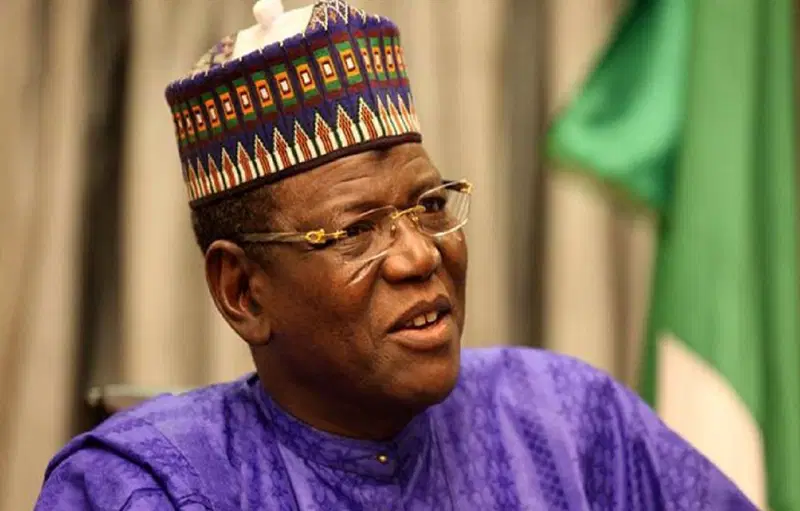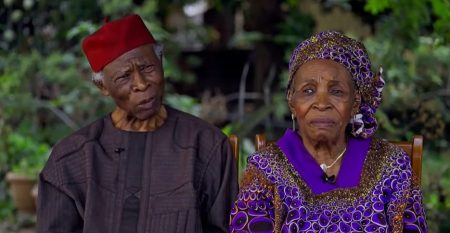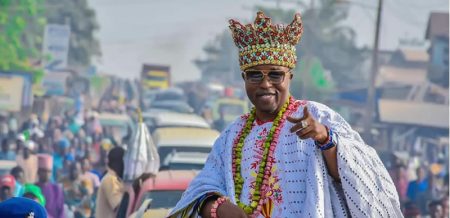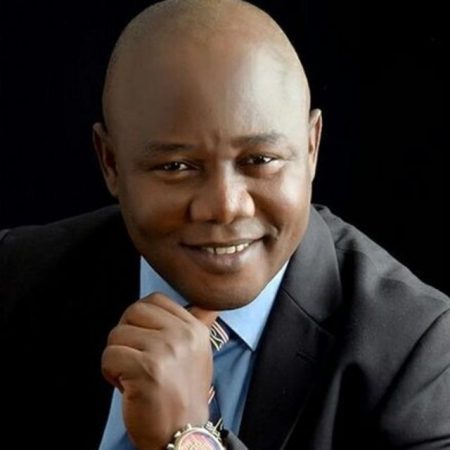The Nigerian Presidency has vehemently refuted allegations made by former Jigawa State Governor, Sule Lamido, concerning President Bola Tinubu’s involvement in the June 12, 1993, presidential election and the subsequent struggle for democracy. Lamido, in a recent television interview, insinuated that Tinubu’s prominence arose only after joining the National Democratic Coalition (NADECO) and implied that both Tinubu and his mother were sympathetic to the annulment of the election, a claim the Presidency categorically denies. The Presidency accuses Lamido of engaging in historical revisionism, motivated by envy of Tinubu’s democratic credentials. They argue that Lamido’s narrative distorts the well-documented history of Tinubu’s consistent pro-democracy stance and sacrifices.
The Presidency’s statement underscores Tinubu’s unwavering commitment to democracy, contrasting it with what they describe as Lamido’s capitulation to military oppression. They highlight Tinubu’s active resistance against the annulment, evidenced by his outspoken condemnation of the military regime’s actions as a senator in 1993. Tinubu’s Senate speech, quoted extensively in the Presidency’s response, explicitly denounced the annulment as a “coup d’état” and questioned the continuous tolerance of such injustices by the Nigerian people. This public defiance, the Presidency argues, stands in stark contrast to Lamido’s alleged complicity with the military regime.
The Presidency further challenges Lamido’s claim that Tinubu’s mother, Alhaja Abibatu Mogaji, supported the annulment by mobilizing market women. They assert that such an action would have been detrimental to Mogaji’s position as a market leader in Lagos and emphasize that any prior relationship she had with then-President Ibrahim Babangida predated the annulment crisis. This accusation, the Presidency contends, is a baseless attempt to smear Tinubu’s family and discredit his pro-democracy stance.
Furthermore, the Presidency criticizes Lamido’s record as a member of the Social Democratic Party (SDP) leadership, accusing him and others of failing to defend the mandate of the presumed winner of the June 12 election, MKO Abiola. They allege that Lamido and then-SDP chairman Tony Anenih surrendered the people’s mandate without resistance and collaborated with the defeated National Republican Convention (NRC) to deny Abiola his rightful victory. This inaction, the Presidency argues, demonstrates Lamido’s lack of commitment to democratic principles, further invalidating his critique of Tinubu.
The Presidency reinforces its defense of Tinubu by highlighting his detention under the Sani Abacha regime, his financial and political contributions to NADECO, and his years in exile. They point out that while Tinubu was in exile, his home was bombed by agents of the military junta, illustrating the risks he took in opposing the regime. This is juxtaposed with Lamido, who the Presidency alleges, “made deals” with the military during the same period. This comparison serves to emphasize Tinubu’s sacrifices and commitment to the pro-democracy movement.
Finally, the Presidency characterizes Lamido’s narrative as a misunderstanding of NADECO’s role, describing it as a direct consequence of the June 12 crisis. They accuse Lamido of attempting to rewrite history for political reasons, labeling him a member of a “coalition of the disgruntled.” The Presidency concludes by advising Lamido to verify his facts before making public statements, emphasizing that historical revisionism does not serve the cause of truth or the nation’s interests. They maintain that Tinubu’s record speaks for itself, demonstrating his consistent and unwavering commitment to the fight for democracy in Nigeria.














